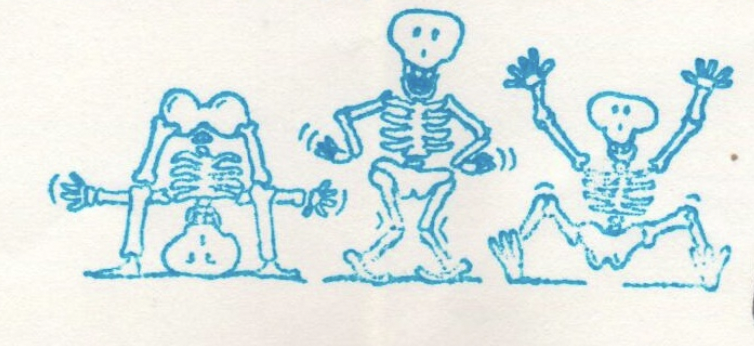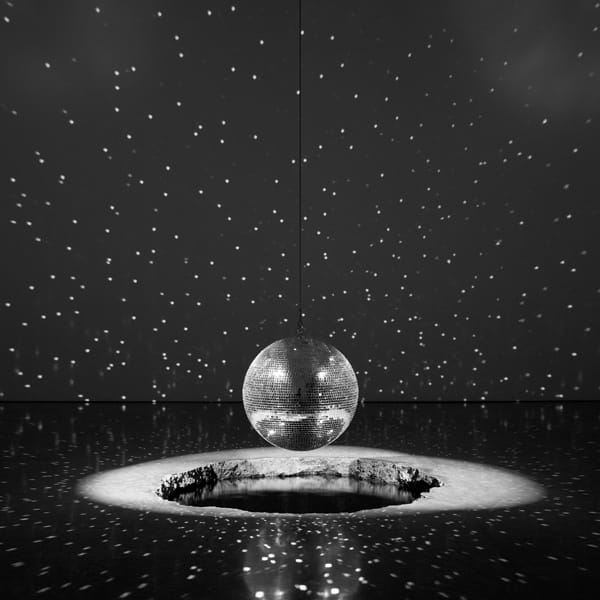Welcome to the Kingdom of the Fool.
A brief introduction.
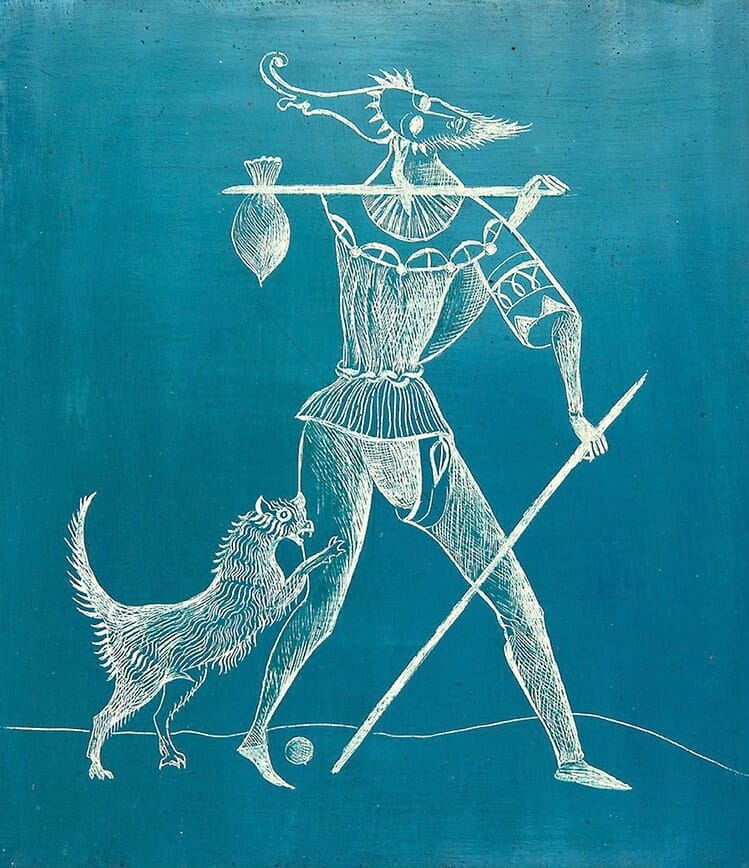
I first had the idea to start something like this about a year ago. I wanted to create a space that was more formal than social media to explore some thoughts I'd been having about nightlife, authenticity, success, etc. I also wanted this space to double as a home for interviews and conversations with artists, specifically with artists who I thought embodied the fool's spirit. My "fool studies," as I like to call them, began around this same time, kicked off by a deeper exploration of the tarot through my favorite artist, Leonora Carrington. In these studies, I found a resonance with everything I wanted to amplify; in the fool I found an antidote to the madness I saw all around me in the world.
Pulling on ideas from tarot and Carl Jung's archetypes with creative liberty, the ideas that anchor my aspirations for the kingdom of the fool are the following.
In the parable of the fool’s kingdom, life is lived at night. This inversion disrupts the authority of order, expanding the fool's world to possibility.
In a world that champions experts, disciplinarians and peace-keepers, the fool is an amateur, unteachable and discordant. Trading in folk wisdom and play, the fool is a challenge to institutional knowledge and social norms. The fool doesn’t seek to be right or win, yet in this release of convention the fool is only brought closer to truth and fulfillment. This makes the fool subversive, a threat that chances chaos. Authority endeavors to undermine and isolate the fool, knowing fully well that foolishness can be contagious. In the attempt to sabotage the fool, authority paints the fool as insane, silly, reckless, or revolting. The fool is an outcast. Generations are taught to underestimate the fool, but this only serves to reinforce the fool's power.
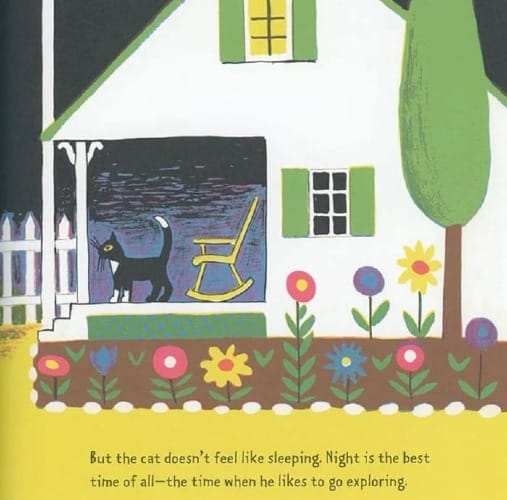
In tarot, the major arcana is understood as the fool's journey. The fool is the first card in the story and designated as card zero. As the number before numbers, zero claims no inherent value and therefore cannot be ranked. Instead, zero divines infinity. Taking shape in the form of a circle, zero represents cycles, renewal, repetition and change. The lessons are in the journey, not the destination.
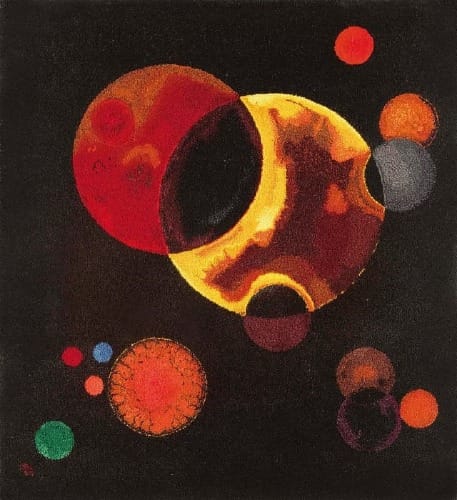
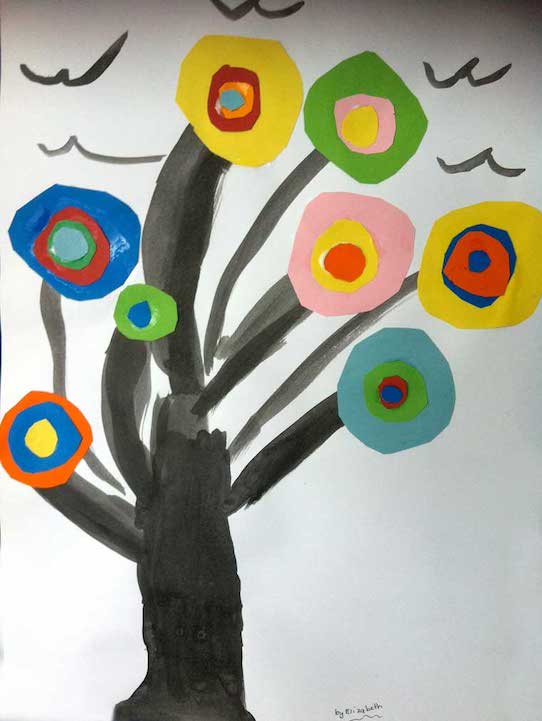
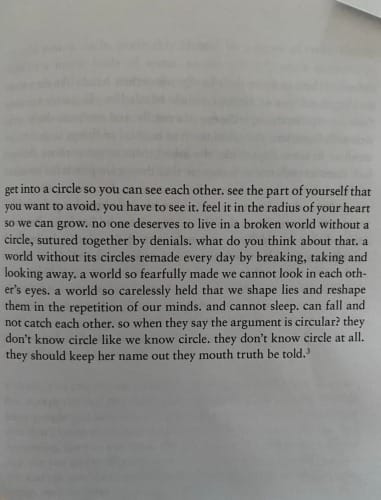
Noctambulists are granted access to a hidden world. It's a time spent out of time, with less regard for the usual rules or social norms. In the night there are secrets and revelations. Loneliness and togetherness. Dreams and darkness. The night can offer refuge in the shadows, or in the unity with others on the margins. Living at night can be a move of rebellion, but also an affirmation of communal care. There is no denying that the night favors excess and that which is illicit, in many ways granting more ease for corruption. Yet at the same time there is a great possibility in the night for world-building and world-bettering, and there's no shortage of examples throughout the eras.
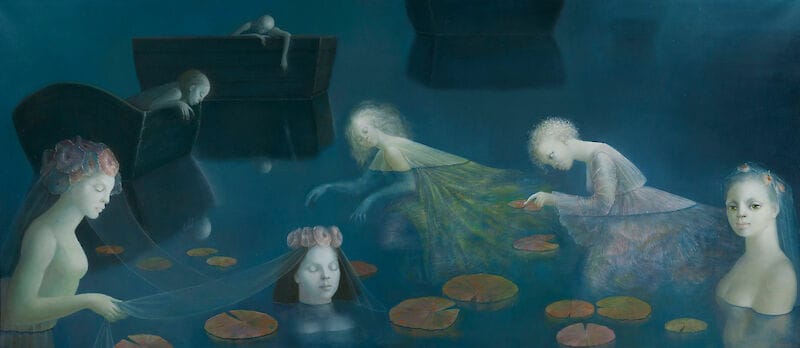
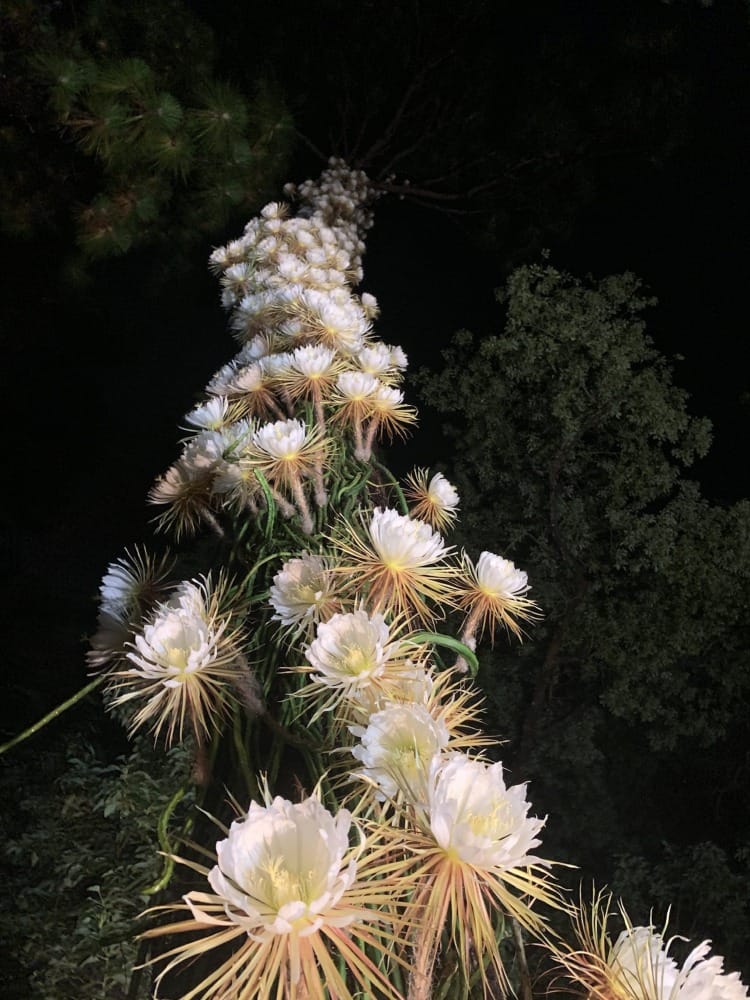
To me the word "kingdom" always referred back to something most often experienced through childhood fantasy. My use of kingdom here refers to a playground of imagination, instead of being a reference to a land ruled by a monarch (although the juxtaposition is certainly fertile). In many ways, to me the dance floor in particular or nightlife spaces in general hold the most potential to be a fool's kingdom.
I plan to work my way up to my initial plans of interviews or deep-dives on certain artists or nightlife phenomena, but in the meantime these ideas will be a guide for most of what I think about in these pages. And as any fool already knows, I can't say for sure where this process will take me. The lessons will best reveal themselves in the journey.
